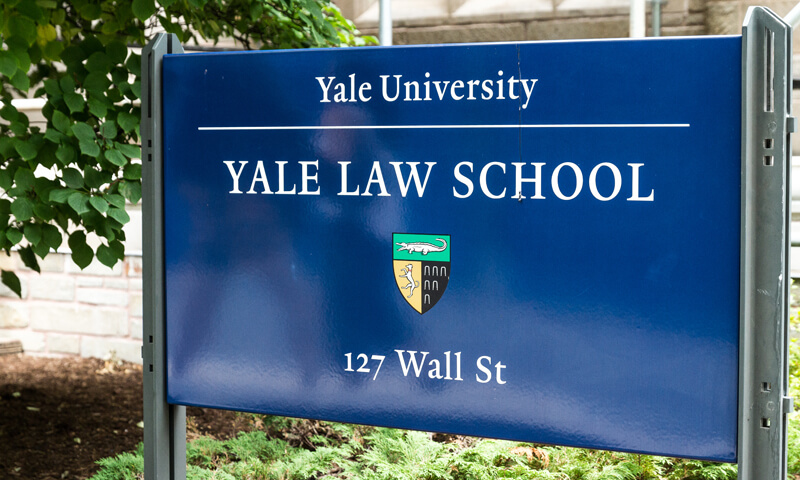
Clawback suits are a name for what happened to former partners of other major firms when they went bankrupt: creditors sued them seeking return for profits they brought to their new employers. Some of these nasty suits can go on for years.
Dewey is seeking to convince as many former partners as possible to pay for immunity, because the ploy will only work if they remain what they referred to as a “critical mass.”
The conference was open for call in questions from former employees, and twenty were given a chance to ask. One of the greatest barriers to a general approval of the plan is that higher ranking and higher paid former partners are not expected to pay more than the lower. One partner asked why lower ranking partners were expected to pay the same as member of the office of the chairman and the executive committee, but Horvath did not explain.
“There were a lot of angry people on the phone,” said an ex-partner. “People felt that they should ask for higher contributions from the more highly-compensated people
Another uncertainty is over how much partners will be expected to pay. “It was a productive call,” said Tracy Kledstadt, one of two lawyers representing former partners, “though no details were provided as to the partner contribution plan.”
Nevertheless, creditors are granting the team six weeks to set it up and get it working.
Only on former Dewey employee is explicitly barred from paying in to avoid being sued, and who also wasn’t part of the call: former chairman Steven Davis.


































